The multimillion dollar, fast growing cannabis industry may seem increasingly mainstream today, with medical marijuana legal in 28 states and adult use (recreational) cannabis legal in eight. But it wasn’t always that way. It’s only thanks to the hard work of dozens of activists, writers, lawyers, and patient advocates that the cannabis movement, and the subsequent industry, have achieved their modern day gravitas. Marijuana legalization is no longer regarded as a political joke, while cannabis growers and retailers are beginning to earn the same respect as medicine makers and entrepreneurs in other industries.
Here are the top ten movers and shakers who shaped the future of legal cannabis in America.
Jack Herer
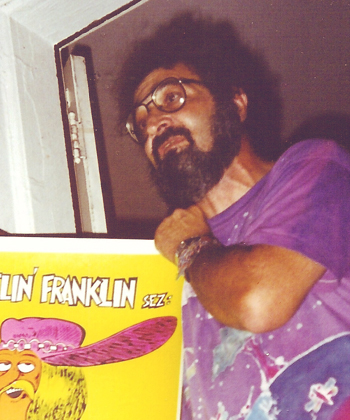
The famed weed strain Jack Herer is named after the pioneering writer and activist who fought for hemp and marijuana legalization. Often called the “Emperor of Hemp” or the “Hemperor,” Herer, who died in 2010, believed that hemp could save the world. After moving to Los Angeles from New York in 1967, he opened the first hemp store and head shop at Venice Beach. In his 1985 book The Emperor Wears No Clothes, Herer chronicles the history of the cannabis plant and its various uses as medicine and as hemp — for fuel, paper, textiles, and more. The sativa-dominant Jack Herer strain was first bred in the Netherlands in the 1990s. Today, many cultivators breed variations of Jack strains, trying to capture its euphoric and uplifting effects.
Ethan Nadelmann
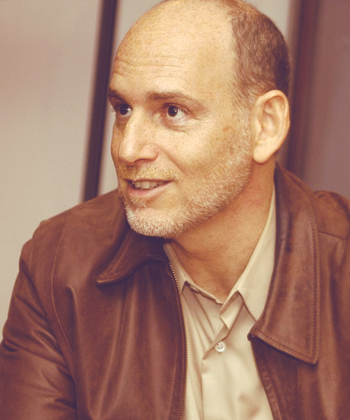
As founder of the Drug Policy Alliance (DPA), America’s foremost nonprofit fighting against the War on Drugs, Nadelmann, 60, has been vastly influential in the movement to legalize marijuana. Born and bred in New York, Nadelmann earned his B.A., J.D., and Ph.D. from Harvard and has a master’s in international relations from the London School of Economics. Until this past April, Nadelmann served as executive director of DPA since he founded the organization in 2000. Having been described by Rolling Stone as “the real drug czar,” prior to DPA, Nadelmann also founded the Lindesmith Center, a drug policy institute, in 1994, and the Open Society Institute’s International Harm Reduction Development program. He’s played a role advising George Soros and other anti-Drug War philanthropists, as well as dozens of mayors, governors, international politicians, and state and federal lawmakers.
Dana Beal
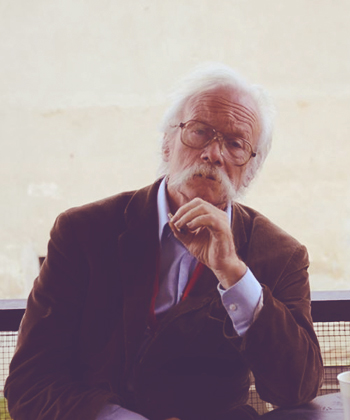
Born in Ohio but a longtime New Yorker, Dana Beal, 70, is a well known activist, fighting to legalize marijuana, and more recently ibogaine, a psychedelic plant that can help opiate addicts break the cycle of addiction. At the age of 16, Beal organized his first demonstration of 2,000 people in Lansing, Michigan, after the Ku Klux Klan murdered four small African American girls by exploding a Birmingham church. An eccentric character, he often told shrinks he believed he was destined for something important, leading them to think he was crazy. But it saved him from the Vietnam draft in January, 1965, the month that had the highest proportion of casualties. A longterm activist with the Youth International Party (a.k.a. The Yippies), Beal founded the Yipster Times in 1972. In 1999, he began serving as one of the major organizers in the worldwide Global Million Marijuana Marches, which continue to take place annually in hundreds of cities around the world, including New York. To this day, he remains among Manhattan’s most vocal proponents for the legalization of marijuana.
Raphael Mechoulam
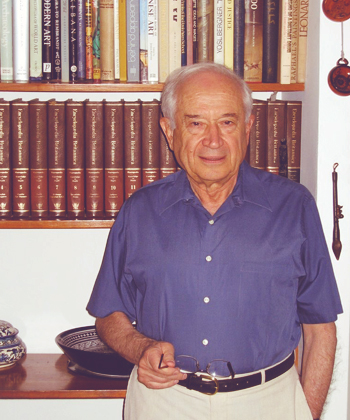
Known as the godfather of THC, chemist Raphael Mechoulam, 86, discovered tetrahydrocannabinol, the main chemical in cannabis that gets you high, as well as a number of other chemicals in the marijuana plant and the body’s own endocannabinoid system. Originally from Sofia, Bulgaria, Mechoulam and his family moved to Israel in 1949 after the Holocaust. In 1964, working at the Weizmann Institute of Science, Mechoulam asked to study cannabis. To get his hands on the stuff, he trekked about 15 miles into Tel Aviv to pick up five kilograms of smuggled Lebanese hash from the police station. He used that weed to isolate what turned out to be THC. In the 1990s, Mechoulam made another great discovery: anandamide, also known as the “bliss molecule,” an endogenous chemical compound similar to those found in cannabis. Mechoulam has since taught graduate courses at Hebrew University in Jerusalem and continues to research and advocate on behalf of marijuana’s medicinal applications.
Jane West

As founder of the national networking organization Women Grow, Jane West, 40, is one of the leading female voices in the cannabis industry. Up until 2013, West worked as a midlevel corporate manager, whose relationship to weed was nothing more than smoking a joint here and there, rolled from ziplock baggie bud. Juggling her job and kids, West says she hadn’t been following the nationwide legalization movement — until a particular night out with her friends. Living in Denver, Colorado, a friend had some THC products she wanted to try out. West recalls being impressed with how professional the packaging was, and how much fun she had. She began planning monthly cannabis events, like a “Wake n’ Bacon” Easter brunch or a “Halloweed” party. Eventually she raised $42,000 in seed money and founded what became Women Grow, which grew to have chapters in cities all over the country, helping thousands of women carve out space for themselves in America’s fastest growing industry. She’s since founded Shop Jane West, a lifestyle brand featuring luxury bongs, pipes, and other cannabis accessories.
Steve DeAngelo
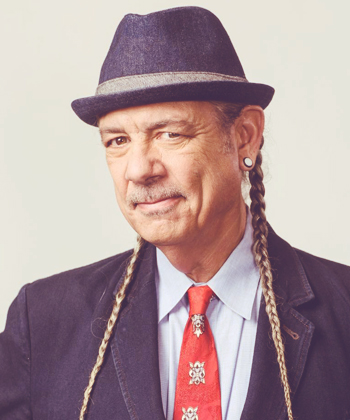
Activist, author, and entrepreneur, Steve DeAngelo, 58, has been a founding leader behind various socially conscious cannabis ventures, including Oakland-based Harborside Health Center, the world’s largest marijuana dispensary, and the Arcview Group, which links investors with the cannabis community. As author of The Cannabis Manifesto, DeAngelo doesn’t believe cannabis should be used as a mere intoxicant, but that it should be esteemed as a medicine and a tool for personal wellness. DeAngelo’s career in activism began in Washington, D.C. after he dropped out of school and later joined the Youth International Party (Yippies). With the Yippies, he organized a number of smoke-ins, protesting cannabis prohibition. Then, after having read The Emperor Wears No Clothes, he teamed up with Jack Herer to promote cannabis legalization.
Dale Sky Jones

A force within the cannabis movement, Dale Sky Jones has garnered attention both as an activist and an educator. She is perhaps most well known for working as chancellor of Oaksterdam University, a cannabis college founded in 2007 in Oakland, California. She teaches science, business management, economics, politics, history, and civics. Jones also serves as the chairwoman of the board for the Coalition for Cannabis Policy Reform, with which she gained recognition for her efforts campaigning for Prop 19, California’s first legalization measure which failed by a margin in 2010. Jones is also on the board of directors for Californians to Regulate Medical Marijuana, and helped found a medical cannabis safety council in 2008.
Keith Stroup
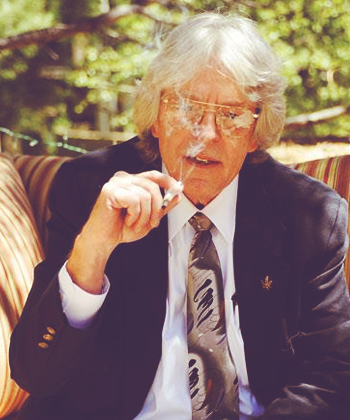
As founder of the National Organization for the Reform of Marijuana Laws (NORML), Keith Stroup has helped spawn the nationwide cannabis legalization movement. After graduating from the University of Illinois in 1965 and from Georgetown Law in 1968, he worked at the federal Consumer Product Safety Commission, through which he met Green party politician Ralph Nader, inspiring Stroup to found NORML. With $5,000 in seed money from the Playboy Foundation, he established NORML in 1970. After having worked on and off as NORML’s executive director, as well as executive director of the National Association for Criminal Defense Lawyers (NACDL), Stroup is now NORML’s legal counsel, as well as on its board and staff.
Brian Vicente
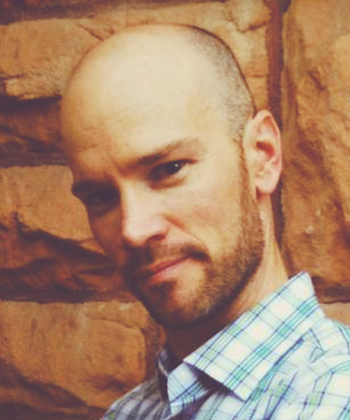
As cofounder of Vicente-Sederberg, the country’s largest cannabis law firm, Brian Vicente is among Denver’s most influential attorneys. After law school, Vicente began defending medical marijuana patients who were using cannabis illegally at the time to alleviate their suffering from AIDS and cancer. His own motto is: “The real crime isn’t using pot illegally, but rather the criminalization of pot.” Vicente was one of the authors of Colorado’s Amendment 64, and co-director of the “Yes on 64” campaign, which was successful in legalizing cannabis for adults over 21. Vicente has also helped the legalization movement internationally, having assisted the country of Uruguay implement a fully regulated cannabis market for adults. Moreover, Vicente serves as executive director of Sensible Colorado, an organization fighting for the rights of medical marijuana patients.
Dr. Dina

Dina Browner, better known as Dr. Dina, got her nickname from Snoop Dogg for helping him get his first medical marijuana recommendation (she’s not actually an M.D.). In 2003, she helped establish LA’s first medical marijuana doctor’s office, and then assisted six more cannabis doctors in opening their own practices. She now has been instrumental in running various dispensaries around LA, including Alternative Herbal Health Services, which serves a number of A-list Hollywood celebrities. Dr. Dina also founded the nonprofit Freedom Grow, which aimed liberate people incarcerated and imprisoned for weed. Dubbed by Rolling Stone as the “Queen of Medical Marijuana in LA,” Dr. Dina claims to be the true life inspiration for Nancy Botwin, the main character in Weeds, who like Dr. Dina, is also from a conservative southern California family and gets into the weed business. However, while Nancy Botwin worked in the black market, Dr. Dina’s sure to keep all her activities within the law.





